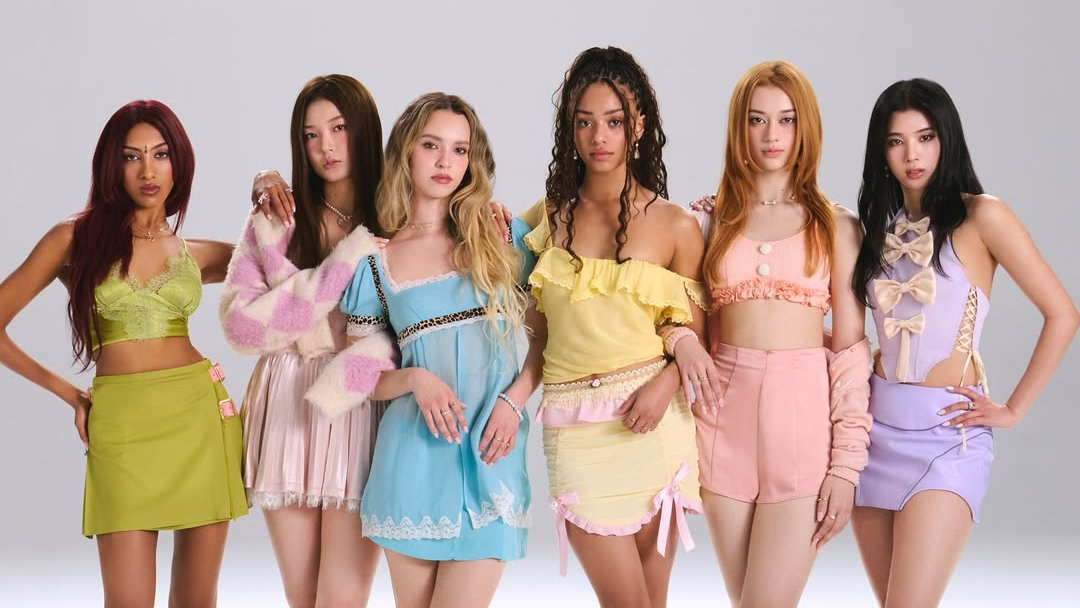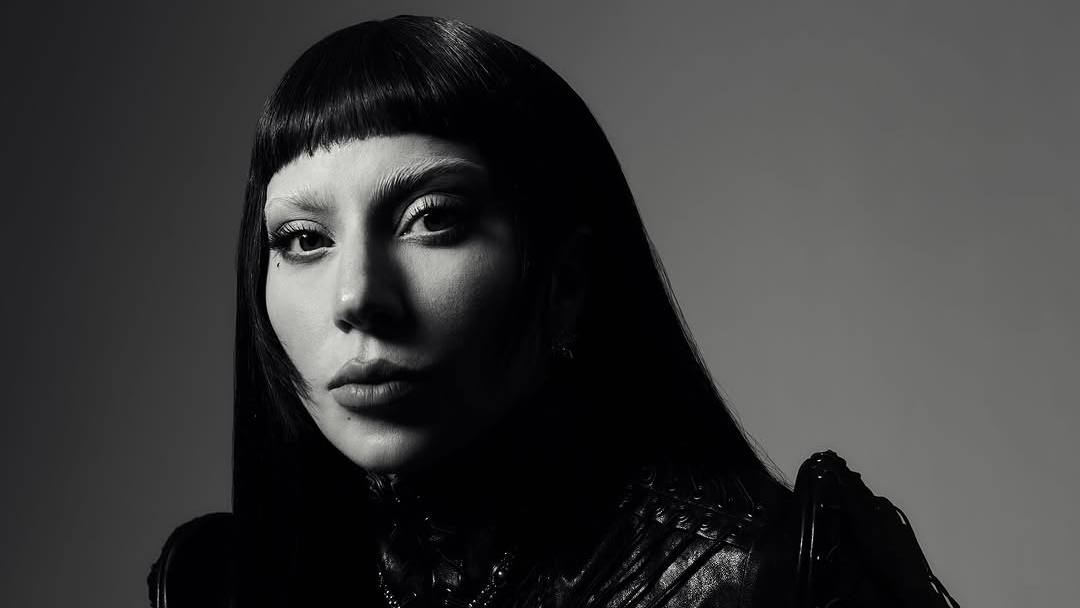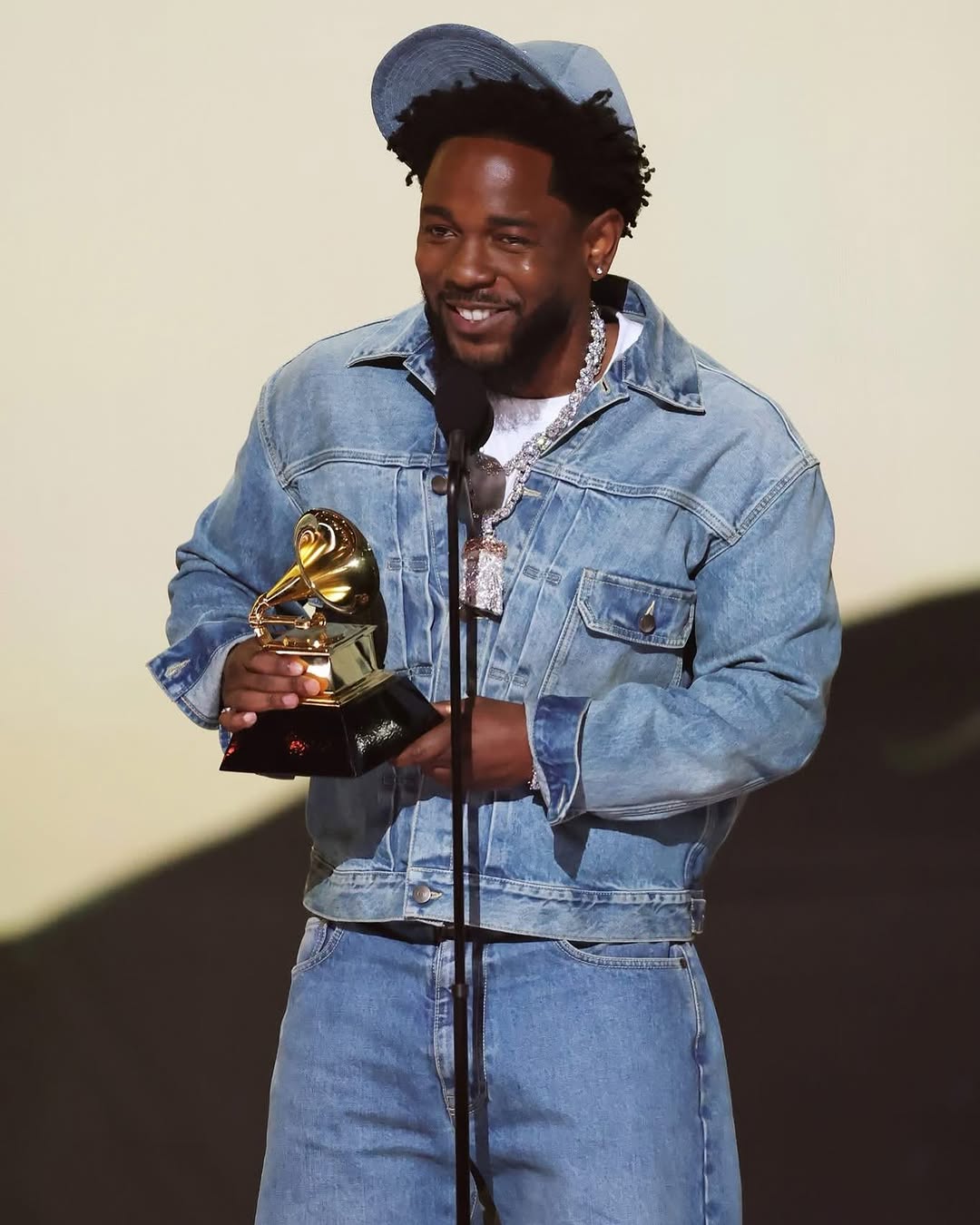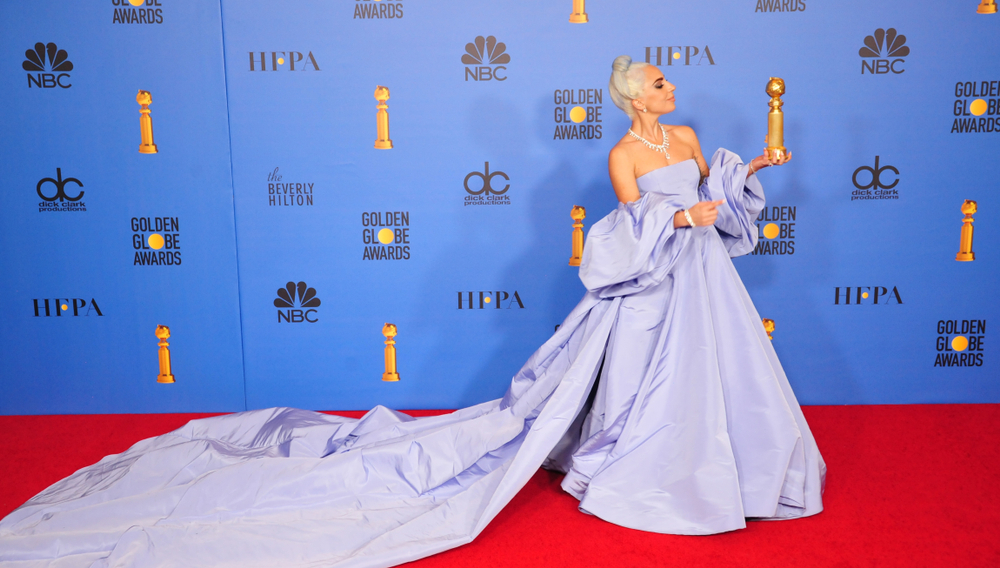The 2026 Grammy Award nominations, announced November 7, 2025, highlight new categories and shifting industry dynamics shaped by streaming and branding power. This article explores the cultural and financial impact of the nominations on artists, labels, and the broader entertainment economy.
2026 Grammy Nominations: What the Music Industry’s Biggest Night Reveals About Power, Money, and Cultural Influence
The 2026 Grammy Award nominations landed with a wave of anticipation across the music world. Fans celebrated breakout stars, returning icons, and surprise nods. But behind the excitement lies a deeper shift happening at the center of the music industry where artistry intersects with money, influence, and corporate strategy.
The eligibility window for this year’s Grammys covers music released from August 31, 2024 through August 30, 2025. This period reflects one of the most competitive eras in streaming, where the speed of virality, soundtrack placements, and fan-driven marketing can transform emerging artists into global brands overnight.
The Recording Academy also introduced new categories this year, including Best Album Cover and Best Traditional Country Album. These additions are not just aesthetic decisions; they signal a response to evolving audiences, format expectations, and commercial realities.
Sabrina Carpenter Nominated for Best Pop Solo Performance
The Cultural Stakes of the Grammys Today
For many viewers, the Grammys are entertainment. But for artists and labels, a nomination can shift careers, reshape brand value, and open doors to new revenue streams.
A Grammy nod carries long-term prestige but in the streaming era, it also has an immediate economic effect. Nominations often trigger measurable spikes in listening numbers, playlist placement, and social-media engagement. For newer artists, that can mean label renegotiations or significant increases in touring demand.
Music historian and cultural critic Ann Powers noted recently, “Awards are not just about recognition anymore. They are about power who gets platforms, who gets investment, and who gets remembered.” Her words echo a reality today: music success is increasingly tied to narrative and perception, not only sound.

Bruno Mars Nominated for Song of the year with Rosé
Financial and Business Implications
Winning isn’t everything Best Album Cover and Best Traditional Country Album were added to recognize evolving creative and cultural dynamics but being nominated matters financially. Artists with Grammy nominations typically see increased:
• Streaming volumes
• Media visibility
• Sponsorship and partnership opportunities
• Touring demand and ticket pricing power
• Catalog valuation for future licensing
According to analysis reviewed by CEO Today, streaming lifts after major award nominations can reach double-digit percentages in the first week alone. In some cases, that growth compounds month over month, influencing touring economics, brand deal negotiations, and long-term royalty revenue.
For labels, these outcomes influence investment strategies. Signing decisions now often include evaluating whether an artist has the narrative momentum required to earn cultural recognition. Awards have essentially become part of the talent valuation formula.

KATSEYE Nominated for Best New Artist
Why the New Categories Matter
The addition of Best Album Cover underscores a renewed appreciation for the visual identity of music. While streaming dominates the market, vinyl and collector culture continue climbing, proving that design can fuel emotional attachment—and purchasing behavior.
Meanwhile, Best Traditional Country Album acknowledges the widening aesthetic and demographic divide in country music. This division has real business ramifications. It shapes which artists receive radio play, festival bookings, and label budgets.
When award institutions define a category, they define which audiences and voices belong.

Lady Gaga Nominated for Best Pop Solo performance
The Grammys as a Reputation and Governance Arena
Award credibility has become a governance question. The Recording Academy has spent the past several years responding to calls for increased diversity, transparency in the nomination process, and representation across genres.
These efforts are not just ethical—they’re strategic. Cultural institutions lose value when trust erodes.
A music executive speaking on industry panels recently emphasized, “Trust is currency now. If an award doesn’t reflect the culture fairly, it becomes irrelevant, and irrelevance is the real threat—not criticism.”
Executives across entertainment and culture-driven industries are now realizing that reputation management is no longer just PR—it is tied to brand value, investor confidence, and stakeholder alignment.
Beyoncé holds the record for the most Grammy wins of any artist in history, with 32 awards, making her the most decorated performer in the ceremony’s history.
What This Means for Leaders in Any Industry
Even if you’re not into entertainment, the Grammys offer a case study in market behavior:
• Cultural moments drive economic outcomes
• Narrative power shapes brand value
• Trust and governance directly affect institutional relevance
• Visibility is now a strategic business asset
In a global marketplace where attention is the new commodity, events like the Grammys are not just award ceremonies they are influencing economies.

Kendrick Lamar Nominated for Best Rap Album
Your Questions Answered (FAQ)
What is the eligibility period for the 2026 Grammy Awards?
Music released between August 31, 2024 and August 30, 2025 qualifies.
What are the new categories this year?
Best Album Cover and Best Traditional Country Album were added to recognize evolving creative and cultural dynamics.










